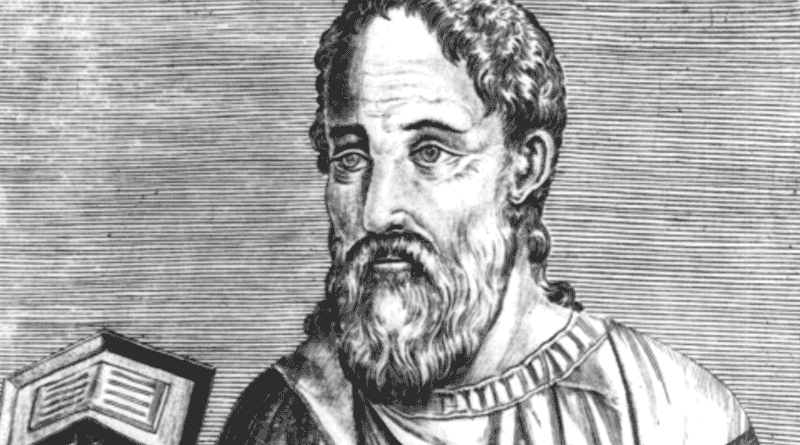The Long Tradition of Christian Scholarship

We talk a lot about scholarship and the call to academic excellence. I think it’s important to note that, while those things are certainly rooted in Jewish tradition and New Testament teaching, it also bloomed into a long tradition of scholarly excellence within Christianity.
One clear example of this is in the work of Eusebius of Caesarea
In his translation of Eusebius’s Church History, Paul L. Maier explains Eusebius’s prolific diligence in the 3rd and 4th century, diligence that makes his work a critical source for us a millenia and a half later:
Had [Eusebius’s] Church History never been written, our knowledge of the first three centuries of Christendom would be heavily pock-marked by missing figures, facts, documents, and data of major importance. With his vast erudition, the Bishop of Caesarea sifted through mountains of materials to gather valuable information for subsequent ages that might explore it more deeply than he did. Unlike many authors of antiquity, he could usually discriminate between reliable and unreliable sources and was far less credulous than many historians before him and since. He was scrupulously honest not only in acknowledging his sources but also in confessing the trepidation with which he undertook this task, since no history of the church had been written before. he was blazing a theological-historical trail, and pioneers can be forgiven their rugged qualities. His Church History was never redone by another historian of antiquity but became a classic and has survived the centuries intact–facts that overcome all criticism. (p. 17)

Member discussion